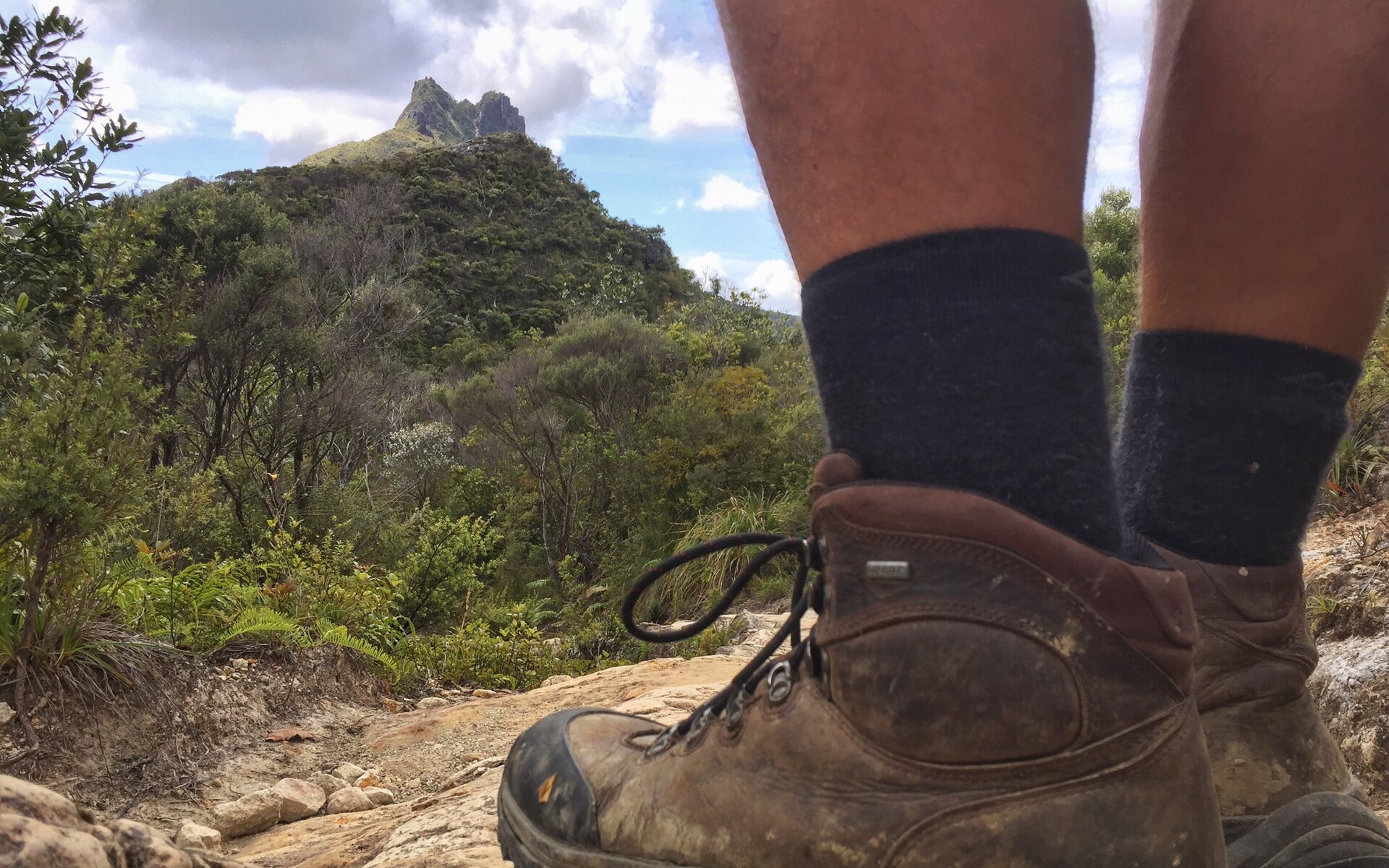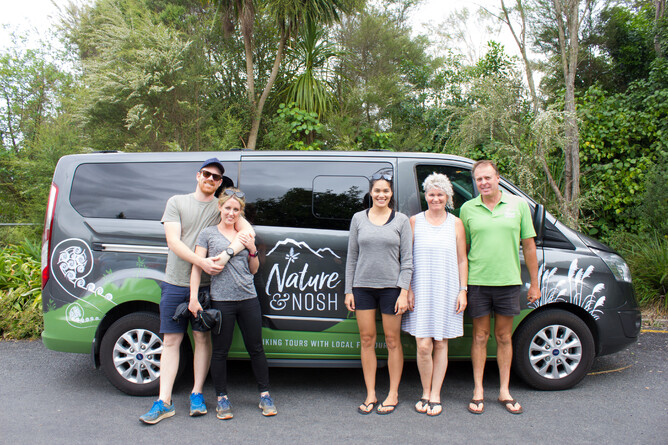Many travellers are concerned about their travel plans amidst the outbreak of COVID-19 - also known as the Coronavirus. The World Health Organisation has this morning characterised it as a pandemic. A pandemic is defined as: "occurring over a wide geographic area and affecting an exceptionally high proportion of the population."
It's only natural that there is a lot of fear and hesitation around travel. Many people are wondering whether they should cancel their travel plans. Should I avoid all air travel? Or just to certain hotspot destinations? Is it safe to travel at all? What if I have no choice but to travel, how do I keep myself safe?
The short answer is yes it is possible to travel safely. Unless you’re travelling to these high-risk destinations, such as China, South Korea, Iran, and northern Italy, there is no reason to cancel your travel plans. Most countries around the world currently have a low risk of COVID-19.
If you are not in the high risk group (elderly or having an underlying serious medical condition), the risk is further lowered.
Here are the key facts and official advice from the World Health Organisation.
Key Coronavirus facts
As of 10am CEM 11 March 2020, according to the World Health Organisation:
- Globally: 118 326 confirmed cases, 4292 deaths
- The COVID-19 virus infects people of all ages. However, evidence to date suggests that two groups of people are at a higher risk of getting severeCOVID-19 disease. These are older people; and those with underlying medicalconditions.
- Locations of confirmed COVID-19 cases here (source: Centres for Disease Control and Prevention)
Symptoms to watch for
The most common symptoms of COVID-19 are fever, tiredness, and dry cough. Some patients may have aches and pains, nasal congestion, runny nose, sore throat or diarrhea. These symptoms are usually mild and begin gradually. Some people become infected but don’t develop any symptoms and don't feel unwell. Most people (about 80%) recover from the disease without needing special treatment.
Around 1 out of every 6 people who gets COVID-19 becomes seriously ill and develops difficulty breathing.
Elderly and those with underlying medical problems like high blood pressure, heart problems or diabetes, are more likely to develop serious illness. People with fever, cough and difficulty breathing should seek medical attention.
Safe travel advice
The World Health Organisation have also put out some recommendations for travellers:
It is prudent for travellers who are sick to delay or avoid travel to affected areas, in particular for elderly travellers and people with chronic diseases or underlying health conditions.
General recommendations for personal hygiene, cough etiquette and keeping a distance of at least one metre from persons showing symptoms remain particularly important for all travellers. These include:
- Perform hand hygiene frequently, particularly after contact with respiratory secretions. Hand hygiene includes either cleaning hands with soap and water or with an alcohol-based hand rub. Alcohol-based hand rubs are preferred if hands are not visibly soiled; wash hands with soap and water when they are visibly soiled;
- Cover your nose and mouth with a flexed elbow or paper tissue when coughing or sneezing and disposing immediately of the tissue and performing hand hygiene;
- Refrain from touching mouth and nose;
- A medical mask is not required if exhibiting no symptoms, as there is no evidence that wearing a mask – of any type – protects non-sick persons. However, in some cultures, masks may be commonly worn. If masks are to be worn, it is critical to follow best practices on how to wear, remove and dispose of them and on hand hygiene after removal (see Advice on the use of masks)
Travellers returning from affected areas should self-monitor for symptoms for 14 days and follow national protocols of receiving countries.
New Zealand and Coronavirus
New Zealand has five confirmed cases of COVID-19 but chance of widespread community outbreak is expected to remain low. No new cases have been reported for four consecutive days according to the New Zealand Ministry of Health.
People coming into New Zealand should check our information for travellers arriving to New Zealand as they may be subject to border controls or asked to self-isolate.
We’re also asking people who have visited countries or areas of concern and who have developed symptoms of fever, cough or shortness of breath to seek medical advice from their GP (call first, don't visit to limit potential exposure) or contact the Healthline team on 0800 358 5453 or +64 9 358 5453 for international SIMS.
Business as usual
For our hiking tours, it's business as usual. We will be going ahead with all confirmed tours for the last few months of our season. Of course we will keep you updated if the situations changes.
If you have any questions or concerns about your tour, please get in touch with us directly - hello@natureandnosh.com

